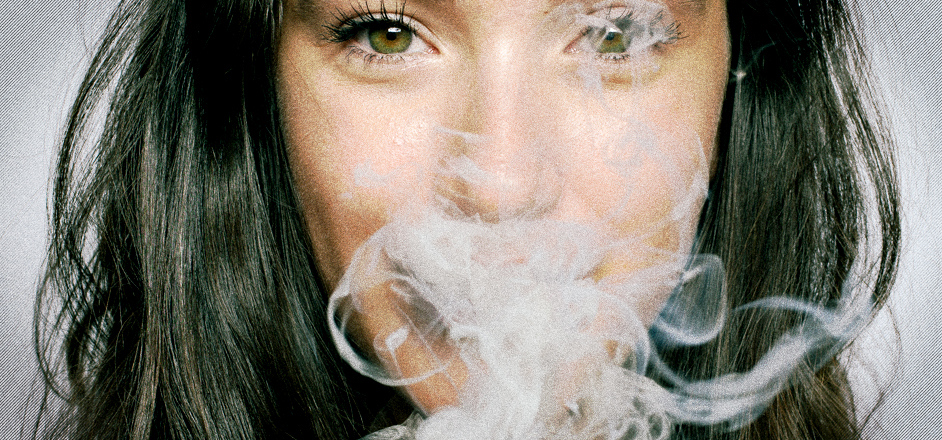LANSING, Mich. (AP) — As both parties continue pumping funds into the 2018 race, Michigan Democrats hope to cash in on another kind of green.
A proposal to legalize marijuana will be on Michigan's November ballot, putting the state on the cusp of allowing recreational use of the drug for those 21 and older. If approved, Michigan would become the 10th state and the first in the Midwest to allow its recreational use.
The ballot measure could also entice more younger voters to show up to the polls, which likely would help the Democrats. And in Michigan's first general election in two years, the lure of legal weed could be a surprise tool for the minority party to redeem itself in a battleground state that narrowly swung to President Donald Trump in 2016.
One of the ballot's committee leaders, Jeff Hank, said the initiative is nonpartisan but that Michigan politicians running on anti-marijuana messaging — all of whom are Republicans — should beware.
"It's the most sensible thing to do," Hank said. "Politicians who don't support this proposal are on the wrong side of history, and that's too bad."
Having a cannabis-injected voter bump is an easy gift for Michigan Democrats, who by and large support legalizing marijuana as a civil liberty, a criminal justice reform and a fertile source of tax revenue. It also helps that legalizing marijuana, a once-fringe issue associated with the anti-war counterculture movement, has quickly solidified into a lasting political cause.

Two years ago, the share of Americans living in a state with recreational marijuana laws swelled to almost a quarter of the country, thanks to successful 2016 election ballot initiatives in four states that raised the total to nine states plus the District of Columbia. Thirty-one states have legalized medical marijuana, including Michigan, which has allowed it for a decade.
Legalizing recreational marijuana boasts a 61 percent approval rating among Michiganders, according to EPIC-MRA polling. The partisan breakdown showed three-fourths of both Democrats and independents favor legalization, while just under half of Republican respondents approve.
"It's likely to increase participation among young voters, who are very Democratic," EPIC-MRA president Bernie Porn said.
It's difficult to draw on successful marijuana ballot initiatives elsewhere because most succeeded in western states during extraordinary election years. A Brookings Institute study found that 2012 proposals increased liberal and young voter turnout in Colorado and Washington.
Recent events in Lansing suggest that Republicans are worried. Last month, the GOP-controlled Legislature found itself in an unenviable bind when it received the certified ballot proposal and had to either vote yes and risk appearing marijuana-cozy or send it to a popular vote this November and potentially boost Democratic turnout. Ultimately, the lower chamber resisted adopting the legislation, with House Speaker Tom Leonard saying there wasn't enough support.
But that won't be the last that Leonard, a DeWitt Republican running to be Michigan's next attorney general, hears of the weed question. Should he get the GOP nomination, his opponent in November will be one of the loudest marijuana proponents on the state ballot.
Dana Nessel, the Democratic attorney general nominee and a civil rights lawyer who won the case overturning Michigan's same-sex marriage ban, said she has favored legalizing marijuana for decades and believes that unwavering support makes her the most-trusted candidate to defend Michigan's marijuana policy.
"I didn't believe legalization was important back then just because I put my finger in the air and decided it to be politically popular," she said. "I ran on it because this was important in Michigan."
Leonard has said he does not personally support legalizing recreational marijuana but that he'd uphold whatever law is in place if he's elected. That's a message Michigan Republicans running for other offices are giving and the reason state GOP spokeswoman Sarah Anderson said the party isn't worried.
Pro-marijuana Republican voters will still show up for GOP candidates who promise to champion the will of the people in this ballot initiative, she said.
"There could be a small net increase for Democrats, but it's not insurmountable," Anderson said. "(Marijuana) is a personal issue that won't necessarily favor one side or another."
If voters are satisfied with that, perhaps those praying for a weed vote to bolster a Democratic reckoning against GOP control in Lansing and Washington are simply blowing smoke. But whether or not there's a liberal "blue wave," many contend there surely will be a green one.
"Even the most ardent opponents of marijuana legalization say this is coming," said Porn, the pollster. "There's no way this isn't going to take place."—ALICE YIN, AP


Leave a Reply
You must be logged in to post a comment.